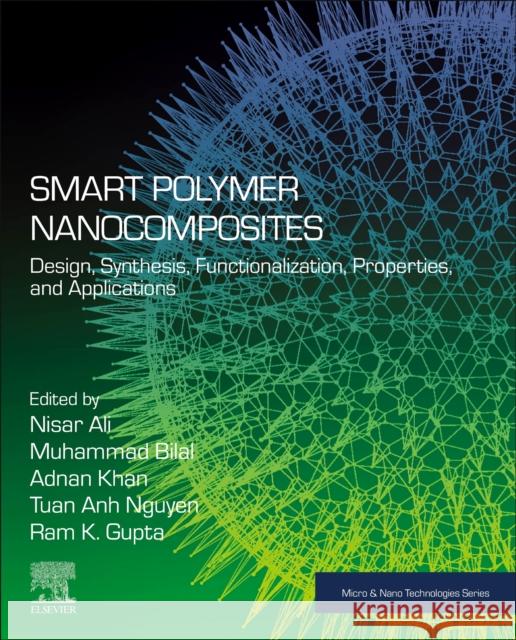Smart Polymer Nanocomposites: Design, Synthesis, Functionalization, Properties, and Applications » książka
topmenu
Smart Polymer Nanocomposites: Design, Synthesis, Functionalization, Properties, and Applications
ISBN-13: 9780323916110 / Angielski / Miękka / 2022
Kategorie:
Kategorie BISAC:
Wydawca:
Elsevier
Seria wydawnicza:
Język:
Angielski
ISBN-13:
9780323916110
Rok wydania:
2022
Numer serii:
000361301
Oprawa:
Miękka
Wolumenów:
01











